You’re right to be sceptical about self-help books. I’m not here to convince you otherwise. You’re right to think they are a symbol of the billion-dollar wellness industry that demands constant self-optimisation and profits off your despair.
And you’re right to suspect that the genre, with all of its repeated truisms and bullet-points, creates a chorus that seems to be shouting: if only you worked less, had more rituals, followed these 12 rules, de-cluttered, made your bed each day, were born a white male, and just tried a little damn harder then you wouldn’t be such a desperately average human.
Self-help books seduce us into thinking there are quick fixes to the existential mindscrew that is being alive. It’s a shame, really, because books can be helpful. They don’t always belong to the self-help genre (novels are generally where I seek out life’s lessons), but some do. Here are my picks.
1. Maybe You Should Talk to Someone: A Therapist, Her Therapist, and Our Lives Revealed by Lori Gottlieb
A candid insight into the elusive world of therapy, the reader is granted access to psychologist Gottlieb’s sessions with her patients as well as those with her own therapist. Told with warmth and wisdom, vulnerability and humour, this memoir illuminates the ways in which our inner lives are consumed by the same big questions.
You’re right to think they are a symbol of the billion-dollar wellness industry that demands constant self-optimisation
2. Mating in Captivity: Reconciling the Erotic and the Domestic by Esther Perel
It’s everyone’s favourite psychotherapist taking on bedroom dynamics and the paradoxical union of domesticity and sexual desire. Designed to liberate, enchant, and provoke, this clear-eyed and compelling read explores the obstacles and anxieties that arise when our quest for secure love conflicts with our pursuit of passion.
3. How to Do Nothing: Resisting the Attention Economy by Jenny Odell
A rebuttal to addictive technology and an action plan for thinking beyond capitalist narratives of efficiency and value, How to Do Nothing redefines what we think of as productivity and reveals the value of interiority and doing, well, nothing. And if that speaks to you, you might be interested in the writer’s latest release Saving Time, a book about reclaiming time from a culture that commodifies and capitalises it.
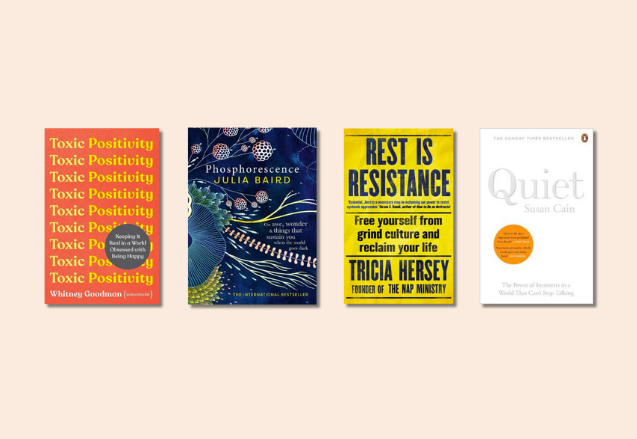
4. Rest Is Resistance: A Manifesto by Tricia Hersey
In case you missed it, hustle culture is dead. Well, if not dead, it has certainly revealed its true toxic colours. If you’re more about pushing back than productivity, then this book is for you. Centred in Black liberation, the manifesto posits that worth does not reside in how much we produce and imagines what it would be like to live in a well-rested world.
5. Quiet: The Power of Introverts in a World That Can’t Stop Talking by Susan Cain
If you’re reading this, you’re likely a bookish person. And if you’re a bookish person, you might be an introvert. And if you’re an introvert, you’re probably misunderstood. Susan Cain’s 2012 book is a well-researched and fascinating read about the ways in which society misunderstands and undervalues introverts. It offers introverts the tools to better understand themselves and take advantage of their strengths. Pretty much the antithesis of How to Win Friends and Influence People.
For anyone who has a physical reaction to being told that everything happens for a reason and to stay positive, and who might have even vomited a little after seeing a friend’s Instagram post tagged with #goodvibesonly
6. The Chairs Are Where the People Go: How to Live, Work, and Play in the City by Misha Glouberman and Sheila Heti
If pragmatic guidance in life about useful things like the appropriate amount of time to talk in a group environment is what you’re after, then this book is for you. A cute, quirky and sometimes profound read that reveals how things that seem trivial can often be important. Other questions addressed: Why do people think that if you do one thing, you’re against something else? Is monogamy a trick? How often should you see your parents? How should we behave at parties? Oh, and if you were wondering, in a group of five people, “the natural amount of time for you to be talking is about a fifth of the time.”
7. Toxic Positivity: Keeping It Real in a World Obsessed with Being Happy by Whitney Goodman
For anyone who has a physical reaction to being told that everything happens for a reason and to stay positive, and who might have even vomited a little after seeing a friend’s Instagram post tagged with #goodvibesonly, this book will make you feel very seen. Combining research, everyday examples and client stories, therapist Whitney Goodman reveals how damaging silencing negativity (aka toxic positivity) can be to ourselves and our relationships, and offers a path to showing up as you truly are.
8. Phosphorescence by Julia Baird
When journalist Julia Baird’s book published in March 2020, its message—discovering awe, wonder and the things that sustain us when the world goes dark—felt perfectly timed. We were in the early days of the pandemic, after all, and needed as much wisdom and guidance as we could get. But three years on, and this generous and inspiring read still holds up. Exploring the impact of joy and contentment on our health, and the ways we can retain happiness, Phosphorescence is that perfect blend of science, memoir and deep research.




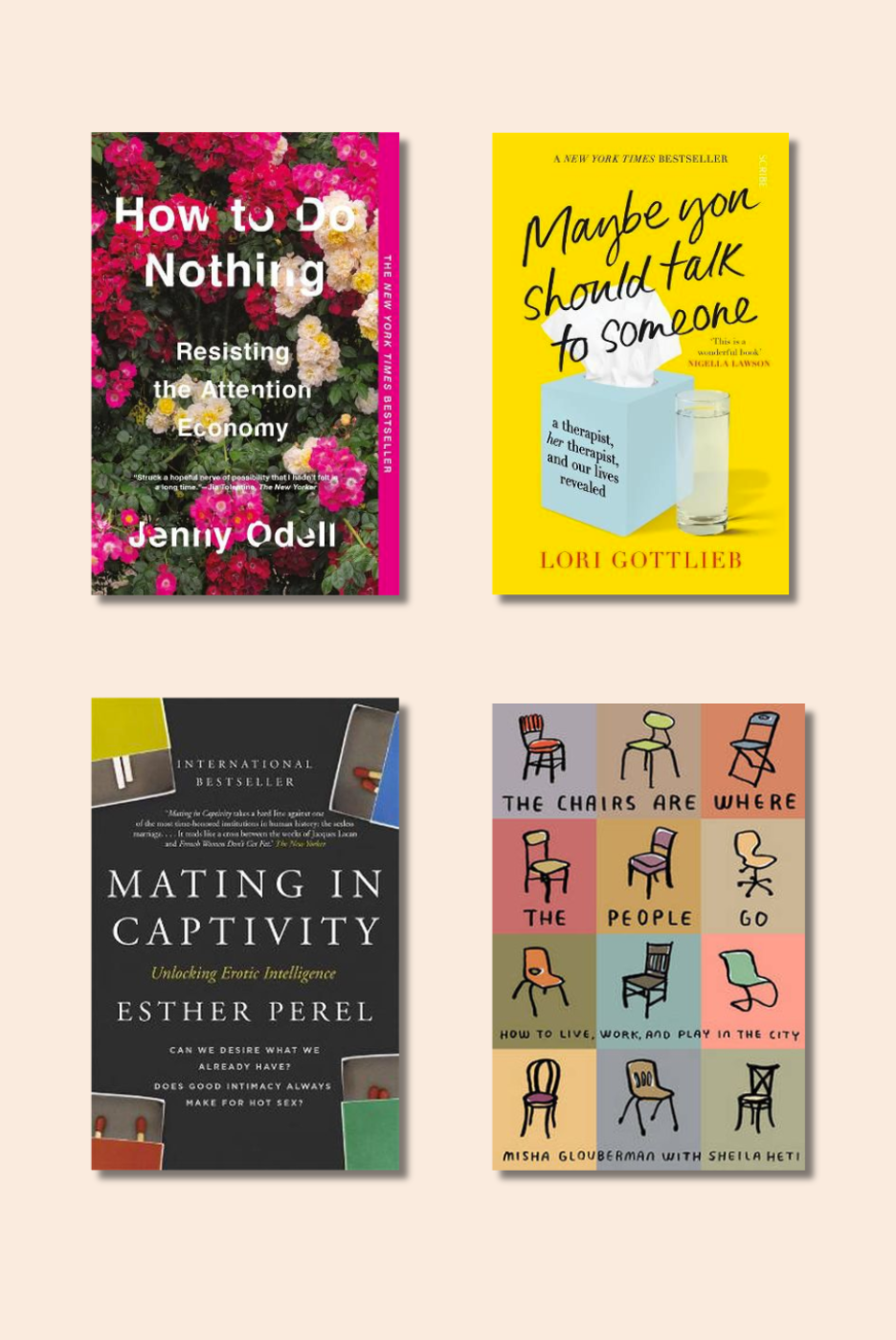
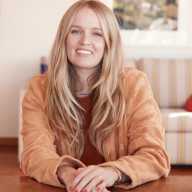


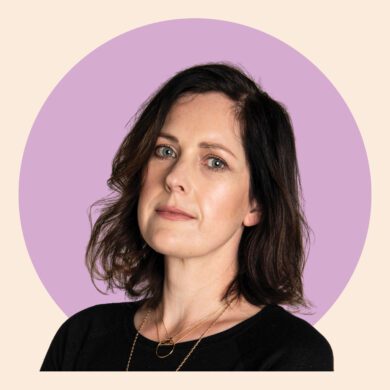




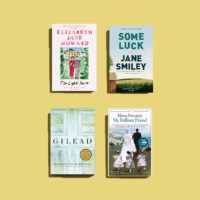
No Comments